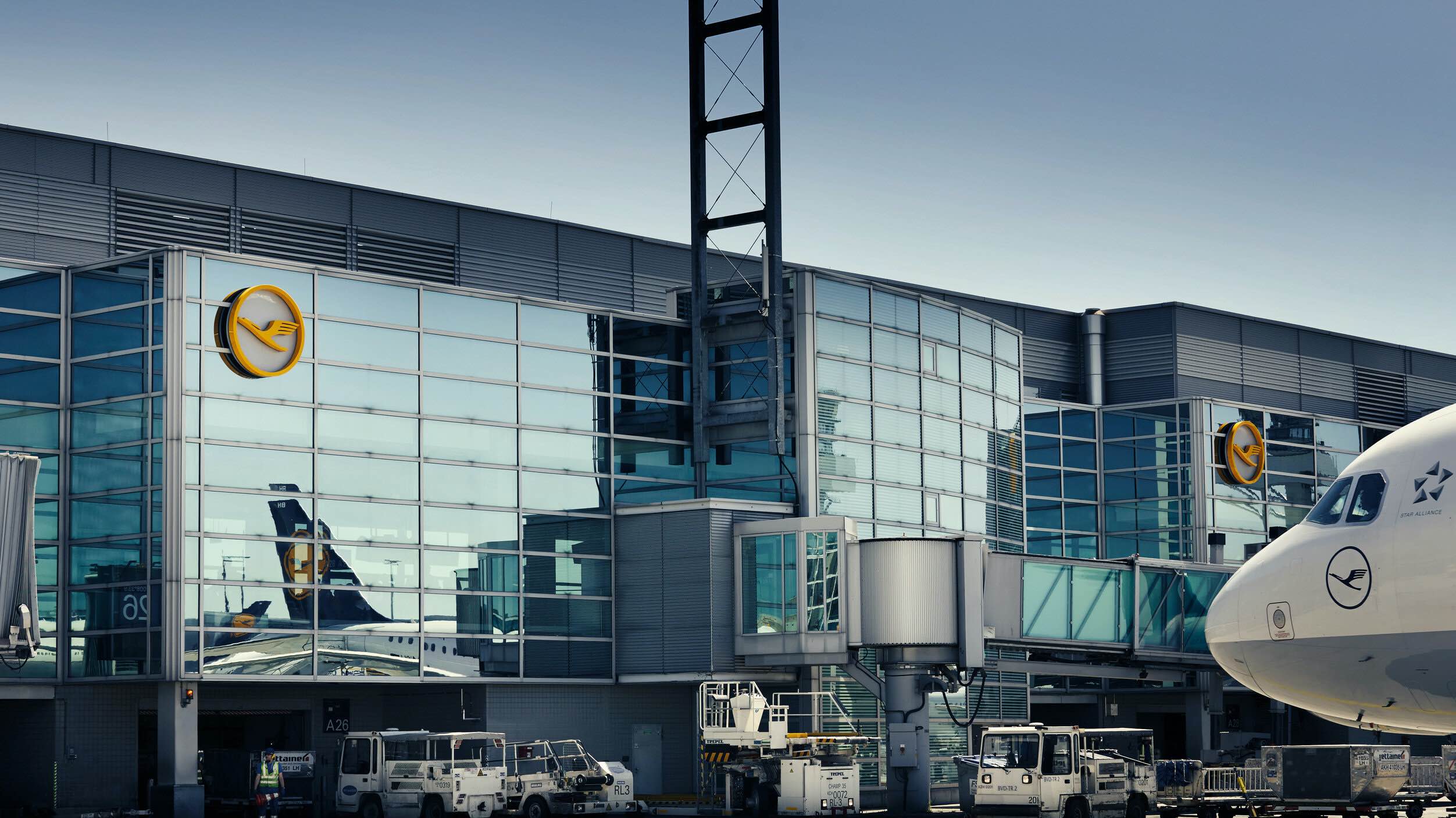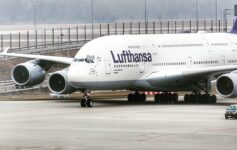Lufthansa has reached a compromise with Germany and the European Union over its €9 billion bailout package. While Lufthansa must give up slots, the recipients of those slots will be far less likely to harm the entrenched German carrier.
The European Union demanded that Lufthansa give up slots at Frankfurt and Munich, the carrier’s two largest hubs, to promote competition. Lufthansa’s Board saw that as too great of a concession and voted down the bailout deal. At the same time, the Board made clear that a bailout was vital to Lufthansa’s survival.
Returning to the negotiating table, all sides hashed out a deal that will still cost Lufthansa slots, but not as many as first demanded and with an important caveat that will spare Lufthansa from its strongest competitors.
Lufthansa will give up to 24 takeoff and landing slots at both Frankfurt and Munich. Those slots will be sufficient for a new competitor to offer three daily flights for up to four aircraft. But for the first 18 months, these slots will be reserved for new competitors in Frankfurt and Munich.
That compromise will limit EasyJet and Ryanair from growing, the two carriers which pose the greatest threat to Lufthansa’s “premium” business model from its fortress hubs. Ryanair is already well-established in Frankfurt and thus cannot add flights. Likewise, EasyJet is well-established in Munich and cannot add flights.
After the 18 months, if there are no takers, the slots will become available to existing competitors. Furthermore, the slots will allocated by auction and reserved exclusively for European carriers which did not receive a “substantial state recapitalization” (Lufthansa has not defined what that means).
Lufthansa Bailout Compromise Limits Immediate Threat
With COVID-19 ushering in an era of contraction, not expansion, Lufthansa may be spared from harsh competition altogether. WizzAir is the most likely market entrant, but with carriers cutting back rather than expanding, Lufthansa may not face immediate competition when travel ramps up again.
By limiting Ryanair’s growth in Frankfurt or EasyJet’s growth in Munich, Lufthansa avoids the gradual erosion of its dominance in both airports.
The loss of 24 slots in each airport is certainly consequential, but could have been far worse for Lufthansa.
The Lufthansa Bailout
I’ve written about the bailout in detail, but it will include:
- Bailout amount: €9 billion ($9.8 billion)
- €5.7 billion loan from German government with an interest starting at 4% and rising each year starting in 2022 to a cap of 9.5% in 2027
- €3 billion in revolving credit from KfW, Germany’s state-owned development bank
- €300 million in purchase of new shares of Lufthansa stock
- German government receives 20% of Lufthansa stock at €2.56 per share, totaling €300 million
- This will dilute holdings of existing investors
- Government will not exercise direct management, but will have the right to block any takeover bid by acquiring up to 25% + 1 of outstanding shares
- Germany’s seats on the advisory board will be filled by “independent experts”
- Executive pay raises and shareholder dividends will be strictly controlled
- Germany must sell its stake in full by the end of 2023 if two conditions are met:
- Loan repaid in full
- Share price is higher than purchase price
- Lufthansa must give up 24 slots in both Frankfurt and Munich to competitors
CONCLUSION
While certainly a compromise that will allow more competition in Frankfurt and Munich, Lufthansa will not have to immediately worry about Ryanair and EasyJet hitting bread and butter routes. The compromise must still gain final board approval, but it appears Lufthansa will still secure its nearly $10 billion bailout.
> Read More:Lufthansa Board Rejects German Bailout
image: Lufthansa





Trying hard to imagine what European airline that does not already have slots is going to jump at them? Given those restrictions for the first 18 months it seems unlikely there is anyone other than a small startup out there that fits the criteria.
So, assuming many will be open to auction after that 18 months I am wondering if Lufthansa is forbidden to bid at that point? Is there a loophole that allows them to enter the competition for them? Because by then, thanks to the subsidy, they will most likely be back to generating a significant amount of cash. It says “existing competitors,” but I am suspicious. And does that exclude Swiss or Austrian?
The only airlines I can think of that sound somewhat possible are Norwegian, Vueling, Volotea or level. If the competition and therefore the slot prices are low they might be able to make a holiday destination work.
Would Vueling (or LEVEL) qualify? They are part of IAG.
@Stuart- Lufthansa or it’s subsidiaries cannot bid at the auction, because they received “substantial state recapitalization” funds.
Wow, this “compromise” is so blatantly anti-competitive. Instead of the market choosing winners and losers, the German government/Lufthansa get to. What a deal for them.
I think Wizz is the most likely, it’s keen, mean and highly efficient.